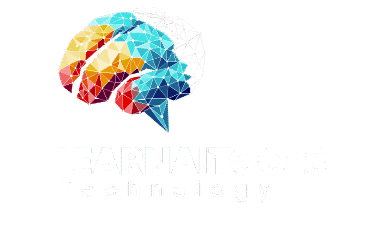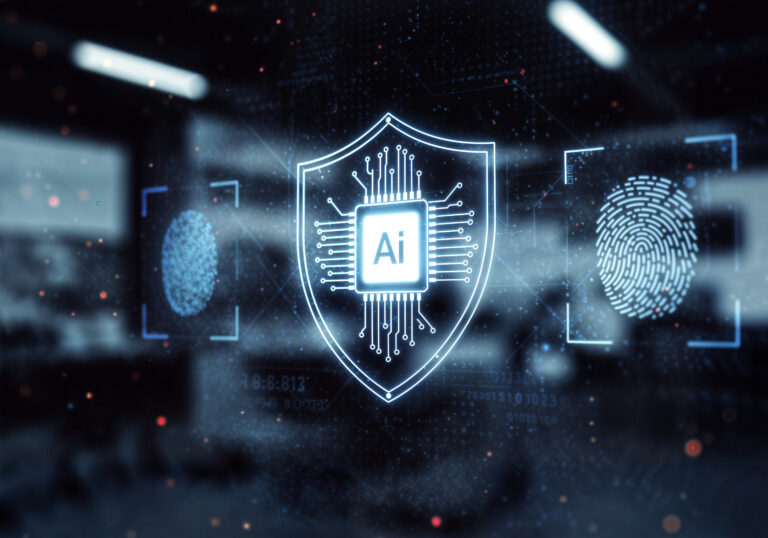
Autonomous AI Agents – Shaping the Future of Intelligent Automation
Autonomous AI Agents and Their Growing Importance
Autonomous AI Agents are transforming the way industries, businesses, and individuals interact with technology. Unlike traditional software, these agents can operate independently, make decisions, and adapt to changing environments without constant human intervention. Autonomous AI Agents are being integrated into sectors such as finance, healthcare, logistics, and smart homes, redefining efficiency and productivity.
The rise of AI Agents represents a shift from human-led operations to intelligent systems that can optimize processes, solve complex problems, and deliver real-time insights.
Why Autonomous AI Agents Matter Today
Autonomous AI Agents are critical because they reduce the burden of repetitive tasks and improve decision-making across industries. In business, they manage workflows, monitor systems, and even interact with customers. In healthcare, autonomous agents can analyze patient data, predict outcomes, and suggest treatments, enhancing both speed and accuracy.
The power of Autonomous AI Agents lies in their ability to learn from experience, adapt to unforeseen circumstances, and operate continuously, making them indispensable in the modern AI-driven landscape.
Key Features of Autonomous AI Agents
- Self-Learning Capabilities – Autonomous AI Agents continuously improve their performance using machine learning algorithms.
- Decision-Making Power – They can make complex choices based on real-time data.
- Adaptability – Agents adjust strategies when faced with changing environments.
- Collaboration – Multiple agents can work together to achieve common goals.
- Autonomous Communication – Agents can interact with humans or other AI systems without manual intervention.
These features make Autonomous AI Agents highly effective across various domains.
AI Agents in Business and Industry
AI Agents are revolutionizing business operations. They manage supply chains, forecast demand, optimize inventory, and even handle customer support through AI chatbots. Companies leveraging autonomous agents can reduce costs, improve efficiency, and make faster decisions.
For example, in e-commerce, Autonomous AI Agents analyze customer behavior, predict trends, and recommend products in real time. This not only improves sales but also enhances customer satisfaction.
Autonomous AI Agents in Healthcare
Autonomous AI Agents are making a profound impact in healthcare. They monitor patient vitals, predict potential health risks, and assist in diagnosis and treatment planning. Hospitals using autonomous agents report higher efficiency in patient management and faster clinical decision-making.
The ability of Autonomous AI Agents to process vast amounts of medical data and generate actionable insights is transforming patient care, making it more accurate, personalized, and proactive.
AI Agents in Education
AI Agents are also influencing the field of education. Intelligent tutoring systems, powered by autonomous agents, adapt to each student’s learning pace and style. They can deliver personalized exercises, provide instant feedback, and monitor student performance over time.
By integrating AI Agents, schools and online learning platforms can offer scalable, effective, and customized education, helping learners achieve better outcomes.
Challenges of Autonomous AI Agents
Despite their advantages, AI Agents face several challenges:
- Ethical Concerns – Decision-making by autonomous agents can raise ethical questions.
- Security Risks – Agents must be protected against hacking and misuse.
- Data Privacy – Autonomous agents rely heavily on data, which must be handled responsibly.
- Algorithmic Bias – Decisions made by agents can inherit biases from their training data.
- Regulatory Compliance – Legal frameworks are still evolving to address autonomous AI operations.
Addressing these challenges is essential for the safe and responsible deployment of AI Agents.
AI Agents in Finance
Autonomous AI Agents are transforming financial services. They execute trades, detect fraud, analyze market trends, and provide investment recommendations. Financial institutions using autonomous agents benefit from faster, more precise decisions, reduced human error, and enhanced customer trust.
By integrating Autonomous AI Agents, banks and fintech companies can automate complex processes and stay competitive in an increasingly digital marketplace.
Future of Autonomous AI Agents
\AI Agents are shaping the future of technology and human collaboration. With advancements in machine learning, natural language processing, and robotics, these agents will become increasingly capable, handling tasks that were once considered exclusively human.
The future of AI Agents includes:
- Fully autonomous factories and warehouses
- Intelligent smart cities with automated traffic, energy, and waste management
- Personalized healthcare assistants
- Advanced educational tutors
As these agents evolve, society must ensure ethical, secure, and responsible adoption.
Conclusion
AI Agents are no longer a futuristic concept—they are a present-day reality transforming industries and daily life. By automating tasks, improving decision-making, and providing scalable solutions, autonomous agents enhance efficiency, productivity, and innovation.
Organizations that adopt Autonomous AI Agents responsibly can achieve better outcomes, build trust, and gain a competitive edge. As we move forward, these intelligent systems will continue to redefine how humans work, learn, and interact with technology, creating a smarter, more autonomous world.




